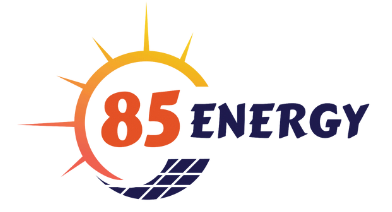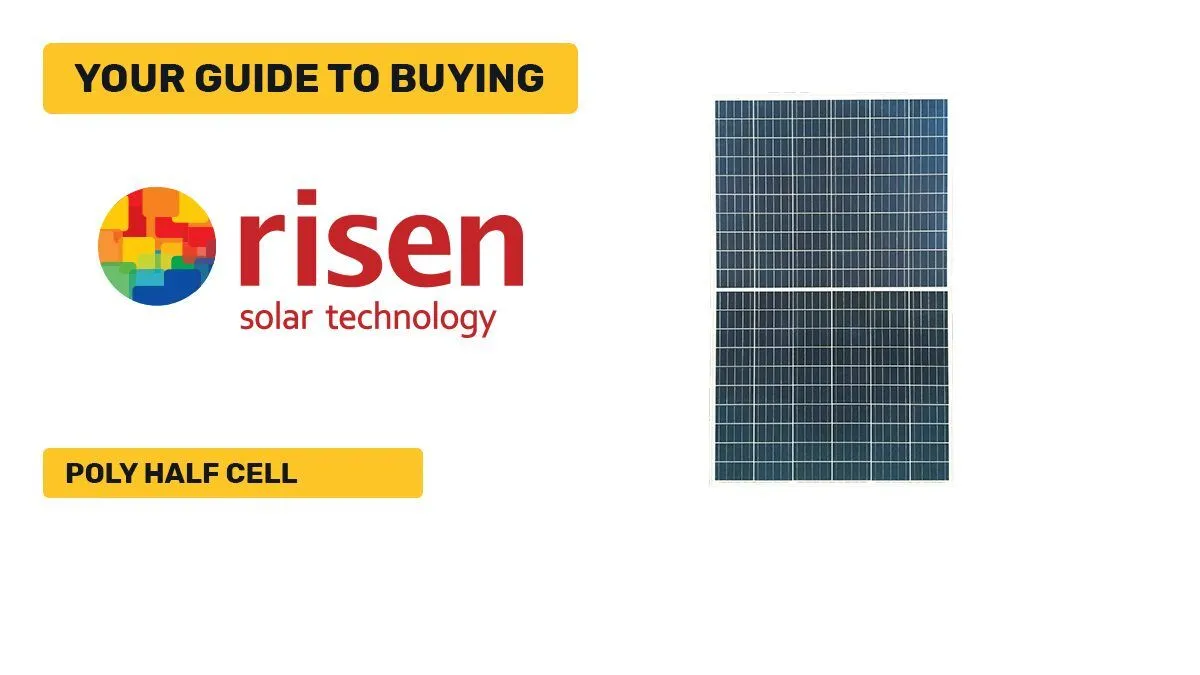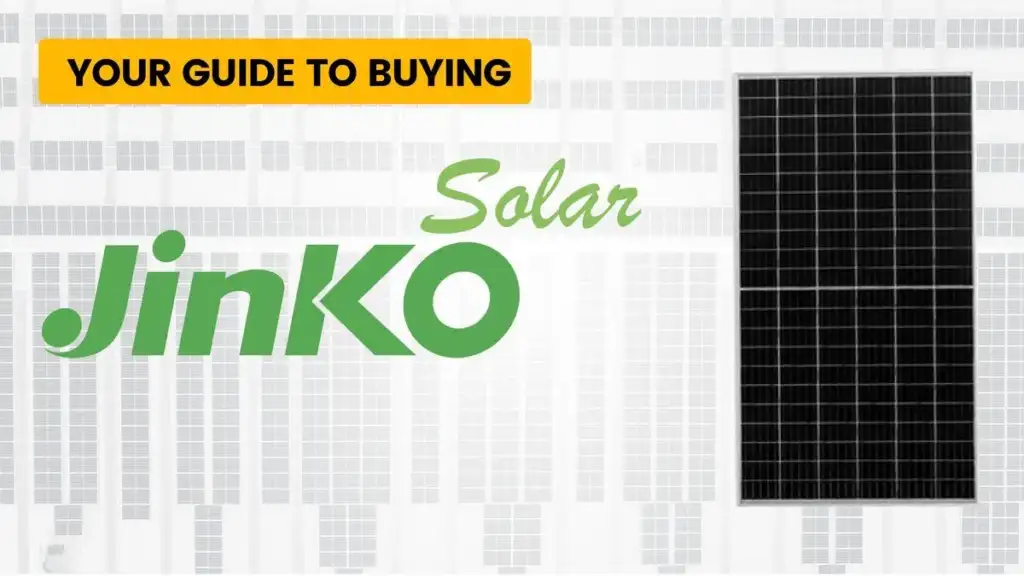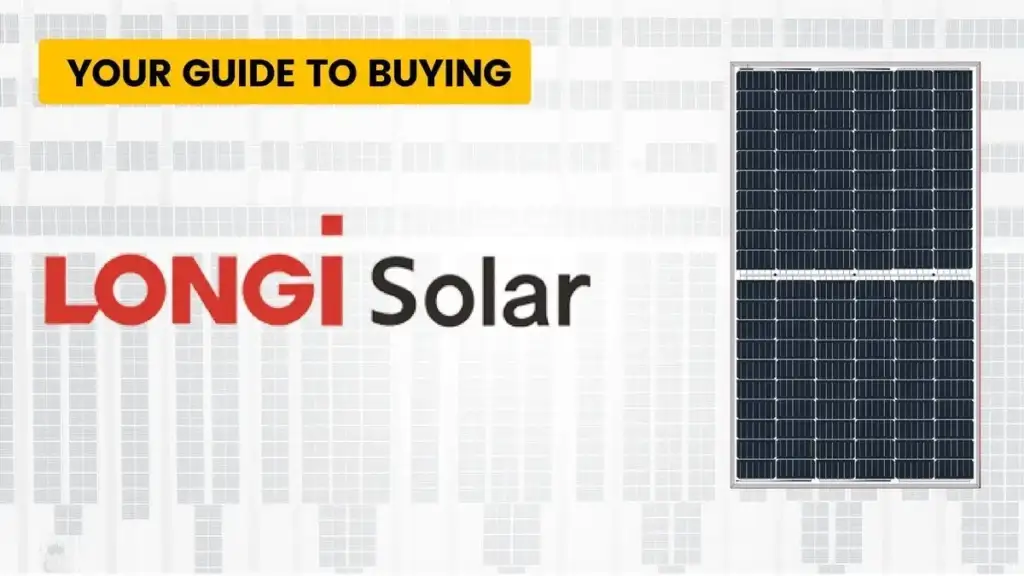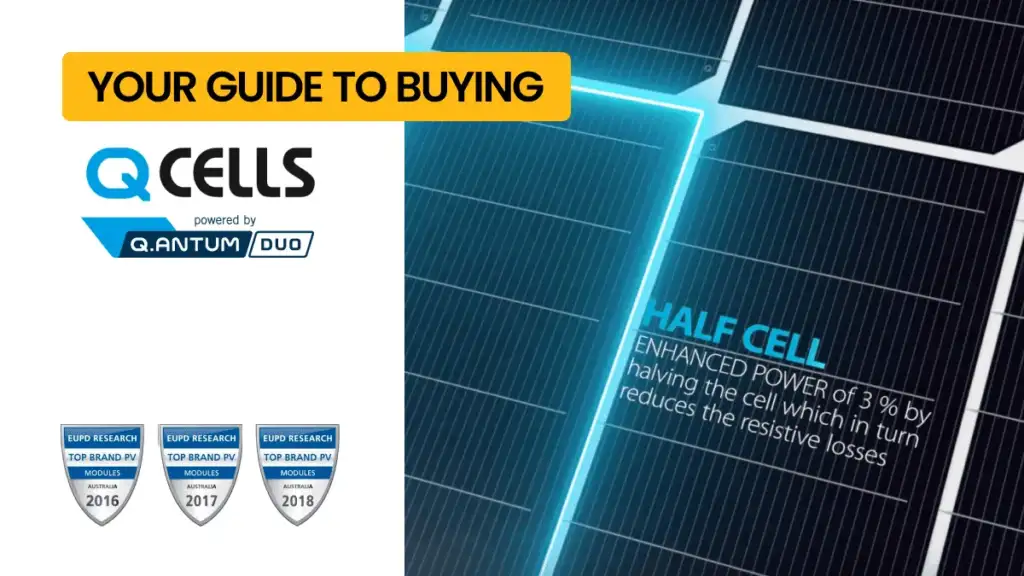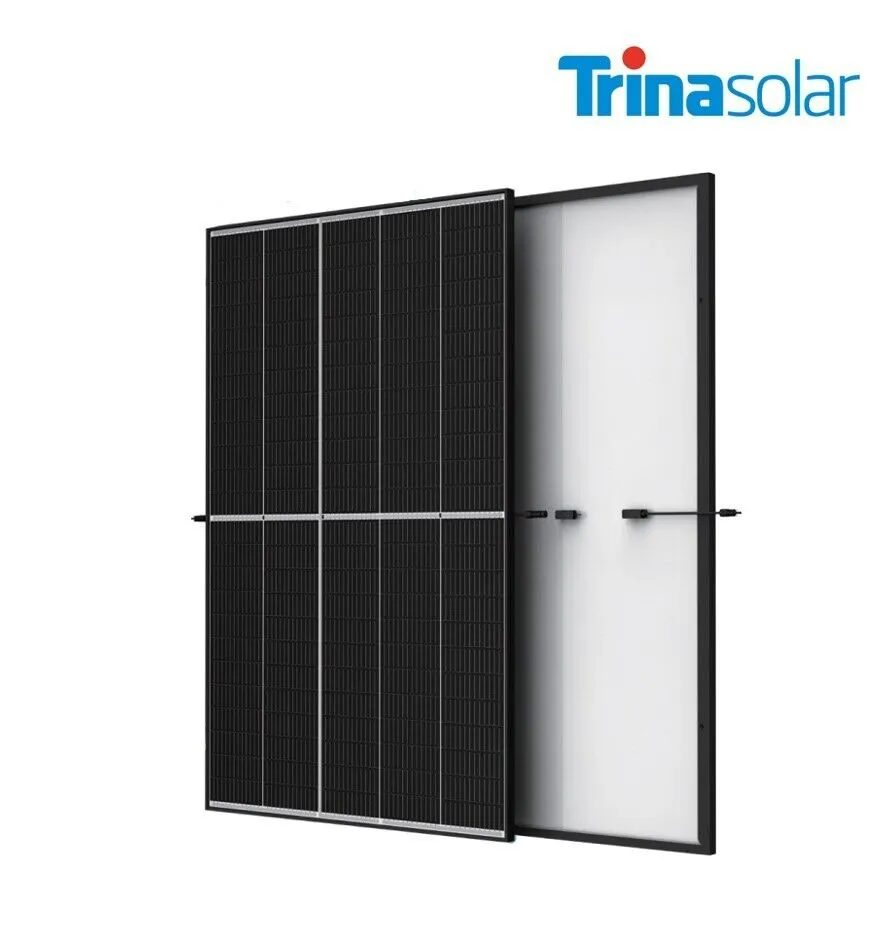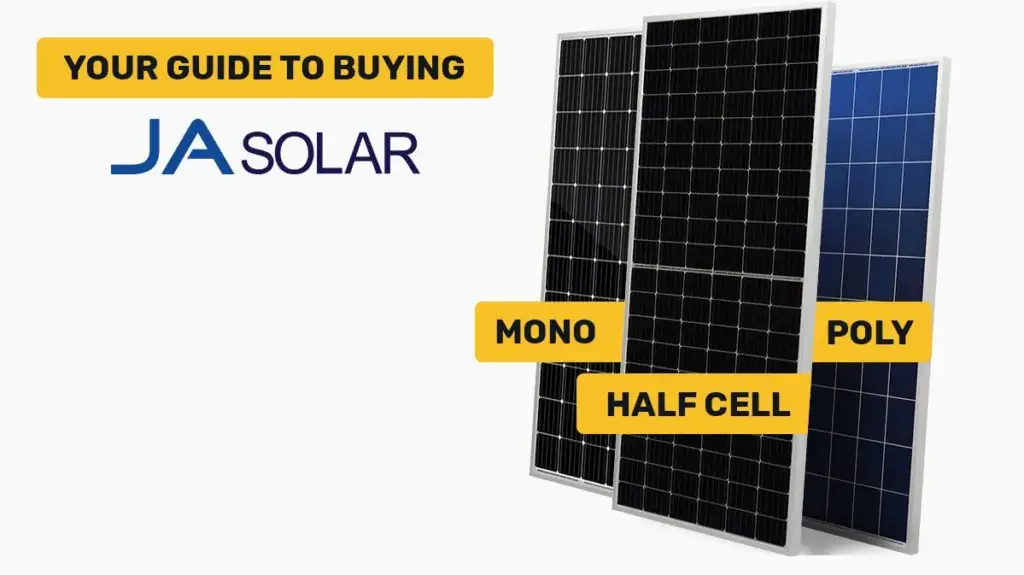Solar Panels
Solar panels, also known as photovoltaic (PV) panels, convert sunlight into electricity through the photovoltaic effect. When sunlight (composed of photons) hits the solar cell, the energy from the photons is absorbed by the semiconductor material. The DC electricity produced by the solar panels is typically converted into alternating current (AC) electricity using an inverter, since most homes and businesses use AC power.
The AC electricity can be used to power electrical devices, fed into the grid, or stored in batteries for later use. In summary, solar panels work by harnessing the energy of sunlight to create an electric current through the photovoltaic effect. This technology not only provides a renewable source of energy but also contributes to reducing greenhouse gas emissions and reliance on fossil fuels.
